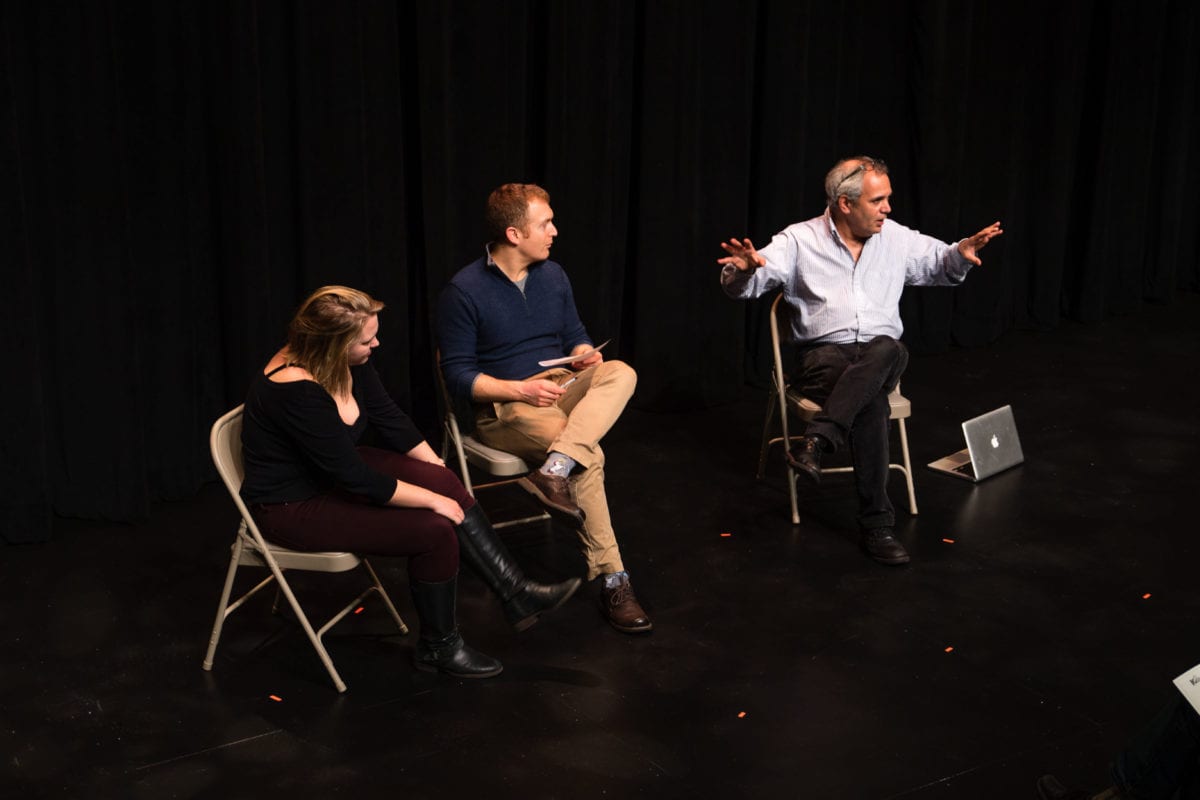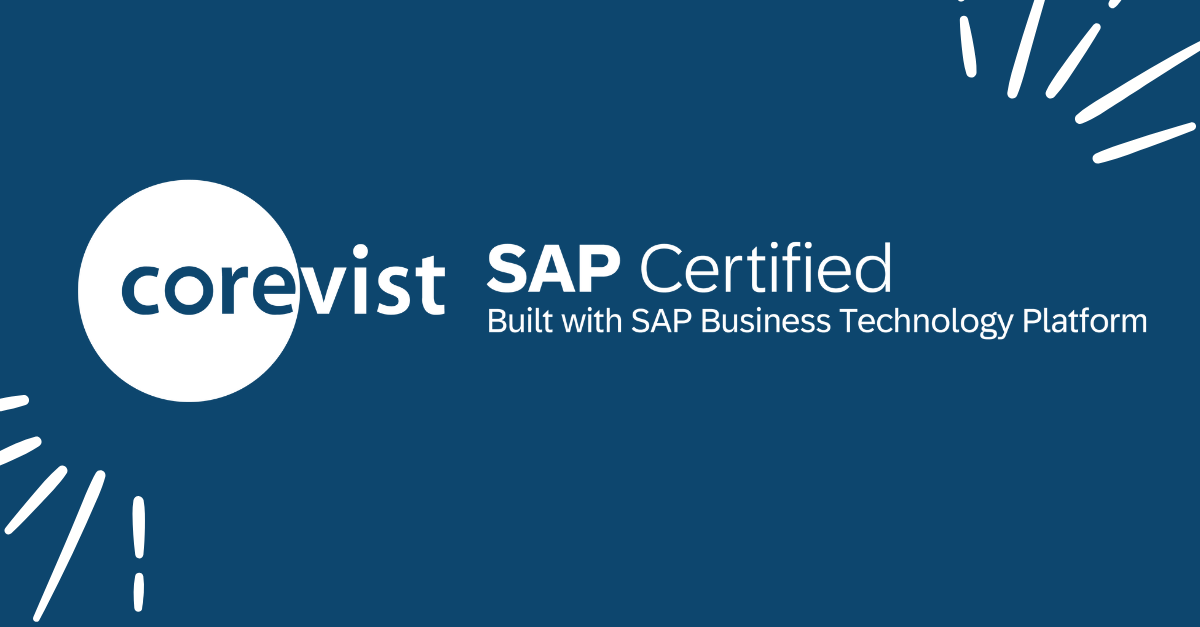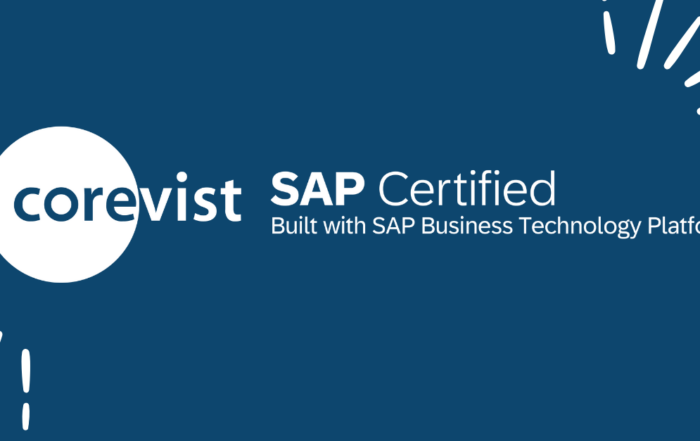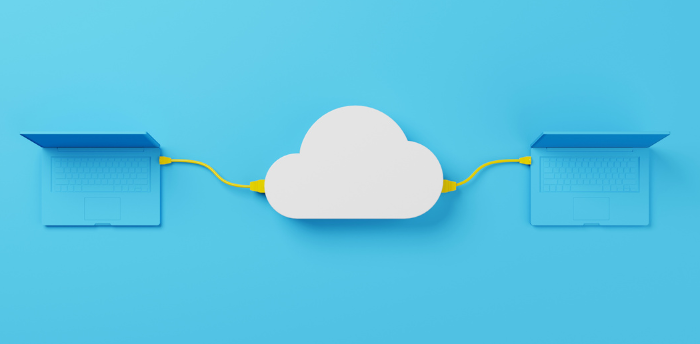Share
Author
Sam Bayer
Share
Conversations on Indirect Access
It’s 2018. The SAP Indirect Access circus of 2017 is behind us. Or is it?
While the press and the analysts have gone home because there isn’t much else to say about Diageo, inBev and the SAP Indirect Access White Paper, the rest of us have to get on with our lives. However, SAP has yet to clear the confusion, produce the definitive Indirect Access licensing agreement nor curtail the abuses of their Account Representatives. Now that the media hoopla has subsided, I’m sure SAP is breathing a sigh of relief that the pressure to quickly resolve this issue has gone away. The operative word here is “quickly”. To be sure the Indirect Access issue will be resolved…eventually. It has to or SAP, investments in acquiring cloud companies notwithstanding, will become the world’s largest legacy software company. That’s a problem for us in the SAP ecosystem because we all want to innovate and until the Indirect Access confusion and abuse goes away, we can’t.
It is now our job to keep the topic illuminated. Our job. You and me. We have to share knowledge and best practices with one another with the hopes that SAP will hear us. Because I truly believe that Bill McDermott and Hasso Plattner want SAP to be the greatest software company on earth and this Indirect Access fiasco has got to go away in order for that to happen. The sooner the better.
My first “Conversation from the Trenches” is with Sebastian Schoofs of Voquz.
Episode 1 – Sebastian Schoofs of Voquz
Voquz is a company headquartered in Germany, specializing in SAP software asset management and other related IT offerings. Sebastian Schoofs (pronounced “showfs”) heads up their US Office. Sebastian and his company are engaged with many SAP clients who are either preparing themselves for an SAP license audit and negotiation (preferably) or who are (frustratingly) defending themselves from an SAP licensing attack. He has been in the SAP space for the last 4 years and was kind enough to share some of his experiences and wisdom. I’ll let you listen to the full conversation which is found at the end of this post at your leisure. It’s well worth 23 minutes of your time.
Here are a few excerpts from our conversation:
Sam – Was last year the high water mark for SAP Indirect Access?
Sebastian – I do think we’ve reached the high water mark for media coverage. What I don’t think has reached the high water mark is the number of SAP audits. Audits are lucrative and not going away. They are very lucrative for SAP.
Sam – Has bullying by SAP hit a high water mark?
Sebastian – Unfortunately, as long as SAP is incentivizing Account Reps on short term revenue vs. customer satisfaction we will continue to see abuses. What we’ve been saying for years now is be proactive. The goal is not to avoid the audit, it is to control the outcome.
Sam – Have you seen successful outcomes negotiating with SAP after Indirect Access audits?
Sebastian – Absolutely. The key is to do an objective analysis of what SAP has found. SAP will settle for far less than what their audits uncover. Do your own math, understand the options that are available to you in your contract and be prepared to negotiate with SAP.
Sam – You refer to software vendors like SAP using the “ABC” methodology. What exactly is that?
Sebastian – ABC stands for Audit-Bargain-Cloud. SAP is interested in moving everyone to the cloud and this is the underlying motivation of the indirect access conversations. The Audit is the way the SAP Account Executive gets to drive the conversation to move to SAP’s cloud products like Hana, hybris etc.
Sam – Is there one particularly useful tactic that clients are using to get through these Indirect Access negotiations?
Sebastian – Knowing what your contract entitles and taking inventory about actual license usage are critical first steps. Often times clients are sitting on shelfware licenses that can be reclassified to cover third part applications that trip up Indirect Access discussions.
Sam – Has the SAP Indirect Access bullying gotten any better since Bill McDermott’s proclamation that SAP will become a more empathetic company last year?
Sebastian – People are still upset. It feels like a reversal of a long standing SAP policy where you invest in the core ERP sytem and then innovate around the edges. Our advice has always been “action is the best antidote to anxiety”. SAP clients should be proactive and prepare themselves to control the outcome of an audit and negotiation with SAP.
Sam – Where is ASUG on the Indirect Access topic?
Sebastian – We were invited by ASUG to speak about Indirect Access at SAP HQ in Philadelphia last year. I thought that was a good sign and an indication of a desire for transparency. We see the German SAP User Group (DSAG) taking a strong position on the topic and ASUG being a little more passive.
Sam – Lastly, do you think Bill McDermott will raise the licensing issue again this SAPPHIRE?
Sebastian – No way. He doesn’t want to touch this issue with a 10 foot poll. SAP was embarassed by the 2017 Diageo and inBev lawsuits.
In summary, Sebastian presents a very pragmatic perspective on how to survive in the SAP ecosystem. Be prepared. Understand what your contract says. Know how your using SAP products and recognize that you will have to negotiate with SAP.
But that’s not new news.
It really is too bad that this SAP Indirect Access issue is forcing CIO’s to spend more time with lawyers than with their business users and customers. Thanks to the support and maintenance burdens of CIO’s, they don’t get to spend a lot of time or money bringing innovative solutions to their businesses as it is. The situation is now getting worse and that can’t be good for anyone.
If you have an Indirect Access story, point of view or experience to share with your fellow SAP ecosystem travelers, feel free to reach out to me. It is important that we continue to shine a public light on this topic. It is the only action that we can take that has a prayer of influencing SAP to do the right thing. Oh, if need be, we can garble your picture and voice during the interview :-).
The only certainty that I see is that things will change. They always do. We might as well influence them to change for the better.
Onward!
Sam









